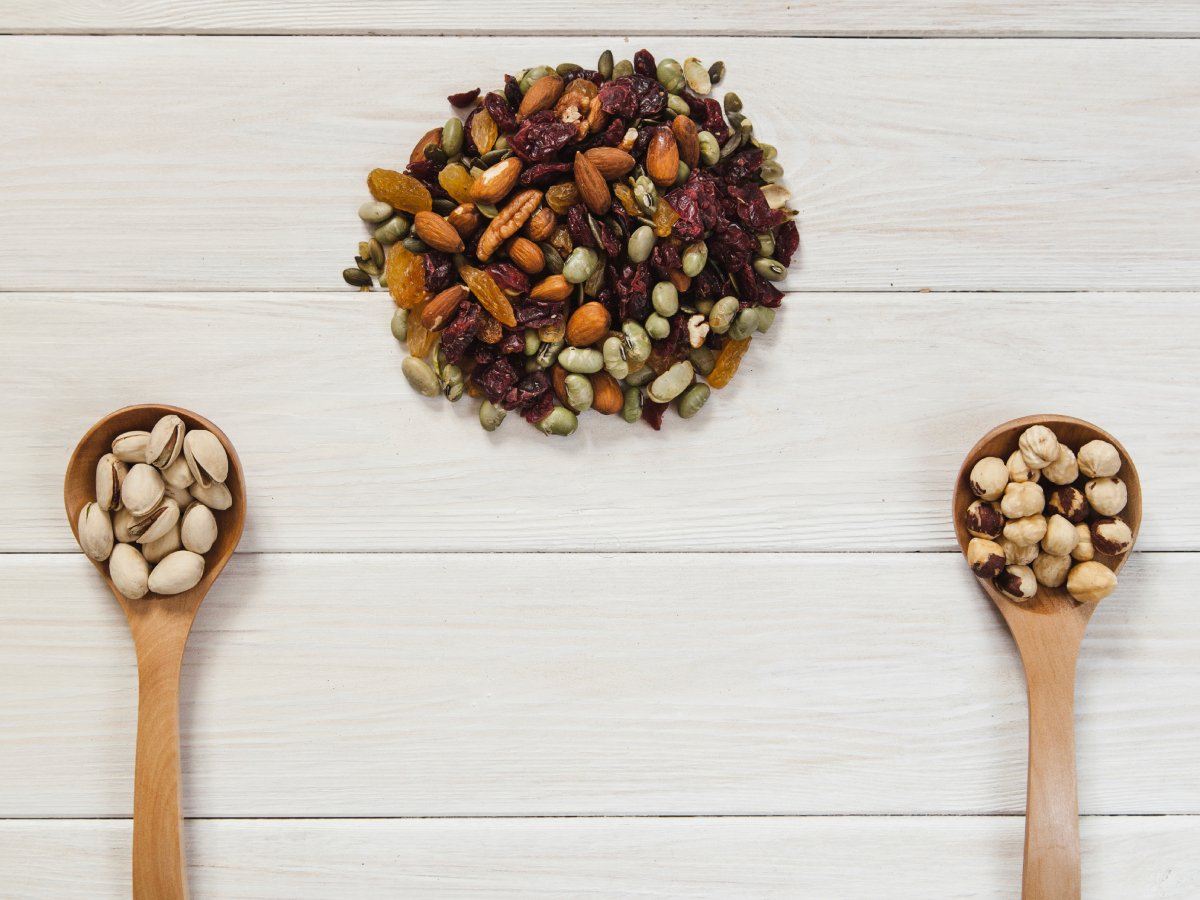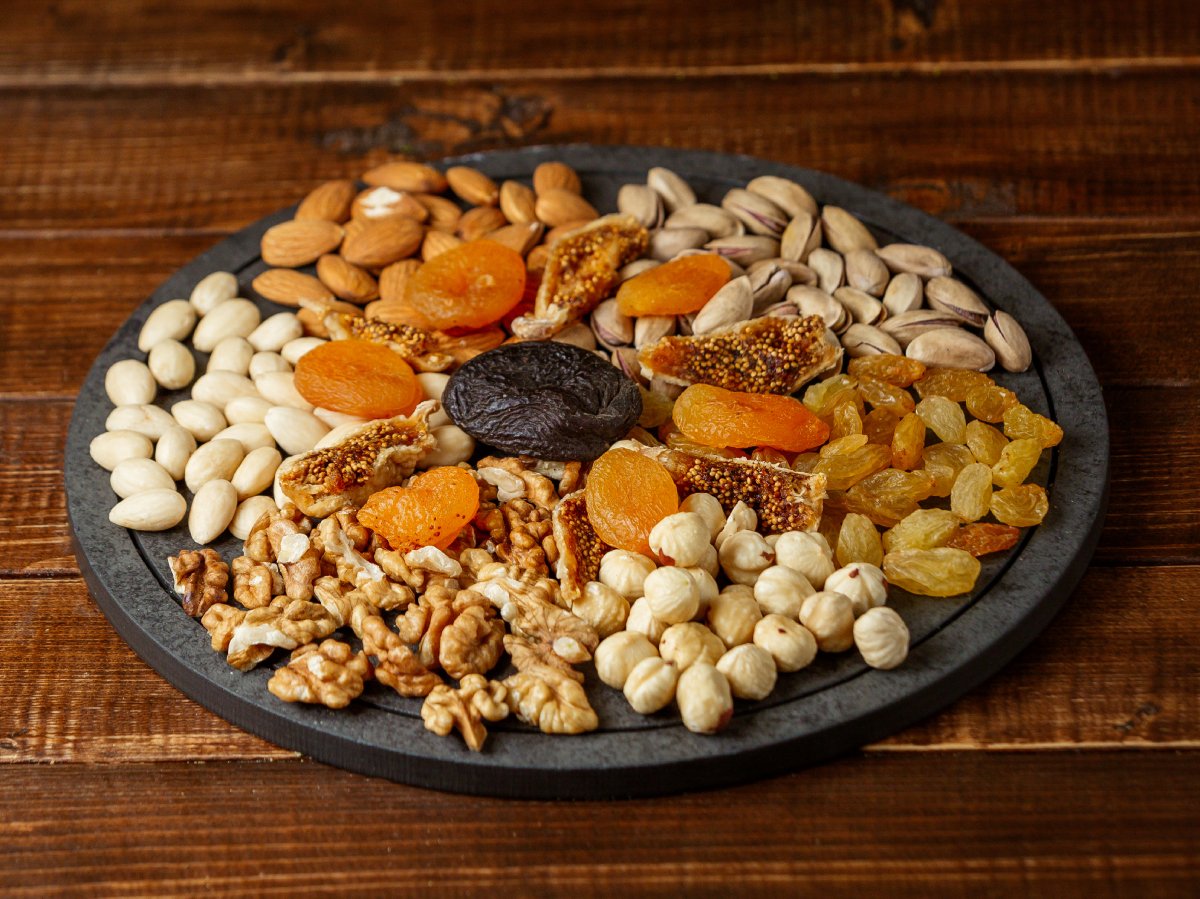Everything You Need to Know About Raw vs. Roasted Nuts
When you walk down the snack aisle of your local supermarket or browse through online stores, it’s hard to miss the wide variety of nuts available. From almonds and cashews to walnuts and hazelnuts, nuts are an easy, healthy snack packed with nutrients. But when it comes to choosing between raw and roasted nuts, it can be a bit confusing. Which one is healthier? Do they taste different? Let’s break it down and uncover the real differences between raw and roasted nuts so you can make an informed decision for your next snack.
The Basics: Raw Nuts vs. Roasted Nuts
Raw nuts are exactly what they sound like- nuts in their natural, unprocessed form. They have been harvested and are typically sold without any heat treatment or seasoning. These nuts are usually high in nutrients because they haven’t been altered by cooking or added oils.
On the other hand, roasted nuts undergo a process where they are heated in an oven or with dry heat. The roasting process enhances the flavor, giving them that delicious crispy crunch we all love. Many brands even offer salted roasted nuts for an extra savory kick.
So, which one should you go for? Let’s dive deeper into their nutritional profiles, taste, and health benefits.
Nutritional Benefits: Raw vs. Roasted Nuts
When it comes to nutrients, raw nuts tend to be slightly higher in certain vitamins and minerals. For example, raw almonds are rich in vitamin E, which acts as a powerful antioxidant that helps protect your cells. Similarly, raw walnuts are packed with omega-3 fatty acids, which are essential for heart health. These vitamins and minerals are best preserved in their natural state, which is why raw nuts are often considered the purest option.
However, roasting nuts can affect their nutrient content. The process may cause a slight reduction in some vitamins, such as vitamin B and vitamin E, due to the heat exposure. But don’t let that deter you- roasting doesn’t strip away all of the beneficial nutrients. In fact, roasted nuts can still pack a punch when it comes to antioxidants, and they offer a rich, roasted flavor that enhances their natural taste.
The Flavor Factor: Raw vs. Roasted Nuts
When it comes to flavor, there’s no denying that roasted nuts have an edge. Roasting enhances the natural flavors, making them nuttier and richer. It’s no surprise that roasted almonds, roasted cashews, and roasted pistachios are often favorites among snackers. The heat caramelizes the natural sugars in the nuts, giving them that irresistible roasted taste.
Raw nuts, on the other hand, have a milder, more delicate flavor. While they may lack the boldness of roasted varieties, they are still a great choice for those looking for a subtler, less intense snack. Raw nuts also serve as the perfect base for homemade nut butters or smoothies, where their natural flavor shines through without being overpowering.
Health Considerations: Which One is Better for You?
When it comes to health benefits, the choice between raw and roasted nuts may depend on your specific dietary needs.
- Raw Nuts for Maximum Nutrients
Raw nuts are a great option for those looking to maximize their nutrient intake. Since they are not subjected to heat or added oils, they retain their full content of vitamins, minerals, and antioxidants. If you’re someone who prioritizes whole food nutrition, raw nuts could be the better choice. - Roasted Nuts for Added Flavor
If you’re someone who loves a bit of extra flavor, then roasted nuts might be a great option for you. The roasting process doesn’t significantly reduce their health benefits, and the added flavor can make your snack even more enjoyable. Plus, roasted nuts often come in flavored varieties like honey-roasted or spicy roasted, which can give you more options to suit your taste. - Roasted Nuts and Digestibility
The roasting process can make nuts easier to digest for some people. This is because roasting breaks down some of the compounds (like phytic acid) that can make nuts harder to digest in their raw state. If you have a sensitive stomach or find that raw nuts cause discomfort, roasted nuts could be a more suitable alternative.
Final Thoughts: Which Should You Choose?
The decision between raw nuts vs roasted nuts really comes down to your personal preferences and health goals. If you’re looking for the most nutrient-dense option, raw nuts are your best bet. However, if you’re after a snack that’s rich in flavor and crunch, roasted nuts are a delicious choice that still offers plenty of health benefits.
At the end of the day, both options are excellent sources of healthy fats, protein, and fiber. Whether you prefer the pure, unadulterated goodness of raw nuts or the rich, savory crunch of roasted nuts, you can’t go wrong. So, next time you’re snacking, reach for the nuts that satisfy your taste buds and nutritional needs.
For those who want only the best in both raw and roasted varieties, don’t forget to check out top-quality dry fruits brands. Fresh, flavorful, and packed with nutrients, these nuts will keep you energized and satisfied throughout the day!






